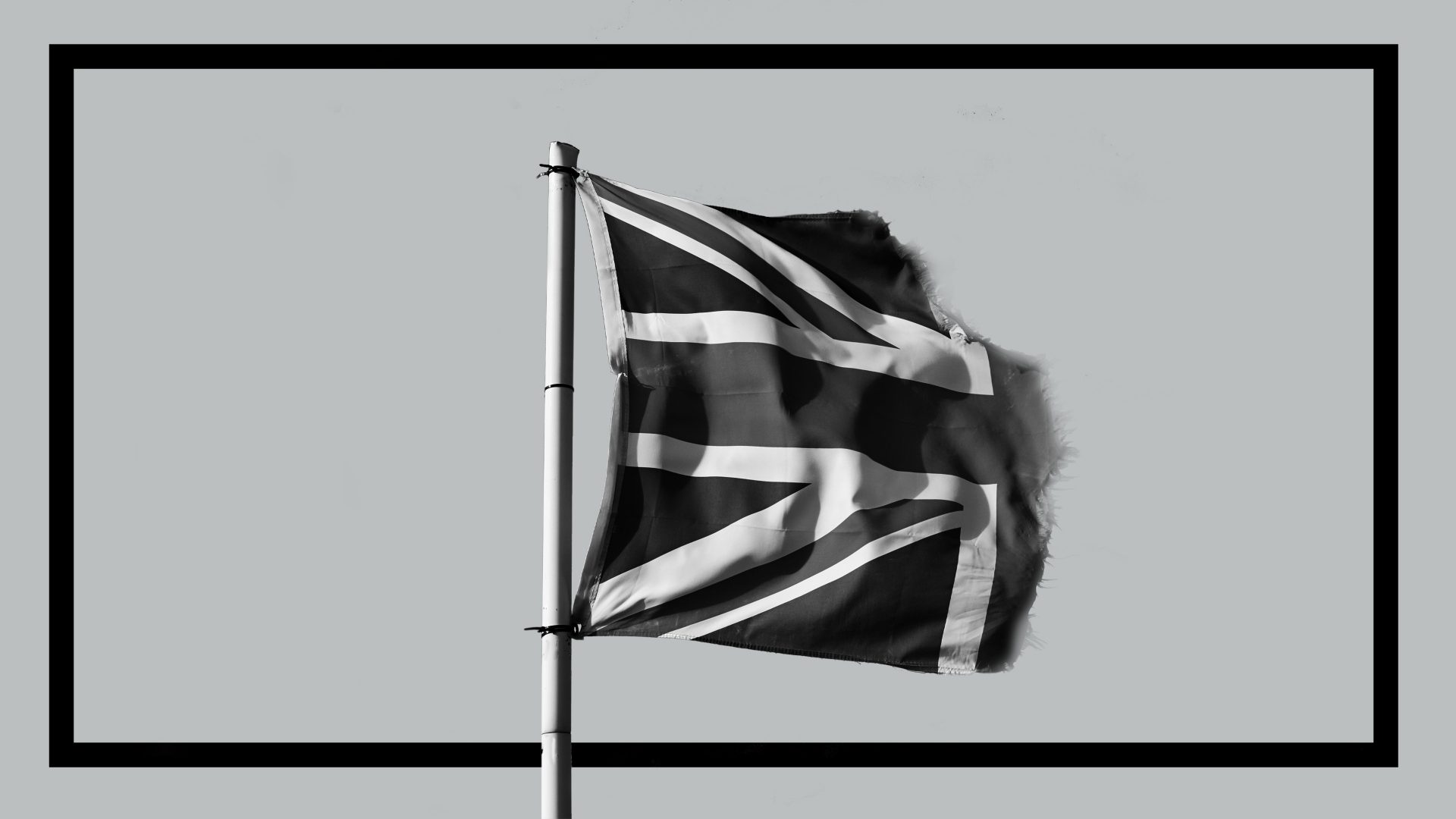My sister jubilantly texted me the other day that You’ll Be Back from the Hamilton soundtrack is now available on Spotify.
In case you don’t know it, it’s also on YouTube – and the musical’s version of King George III is hilarious.
It also serves as a good reminder that the UK’s relationship with the US is very different from ours, when George gloats: “You’ll be back, soon, you’ll see/ You’ll remember you belong to me”.
That never quite worked out, but something is back, at least in Germany: a wave of anti-Americanism. Or to be more accurate, it never fully vanished.
There’s the moderate left, whose “Ami, go home” slogans were largely based on an anti-nuclear, pacifist sentiment.
When Donald Trump announced he would pull US troops out of Germany (a decision Joe Biden thankfully reversed), the influential chairman of the governing SPD’s parliamentary group, Rolf Mützenich, asked him to go ahead and also take US nuclear weapons with him, because we should liberate ourselves from the “scourge of nuclear deterrence”.
Our now-president, then foreign minister Frank-Walter Steinmeier, called Nato exercises in the Baltics “sabre rattling”. And when criticised by the late Senator John McCain for chumming up to Russia, he threw the famous line “If you only have a hammer, every problem looks like a nail” at him.
In addition to the moderates, there’s the old and new radical left, open to Soviet and Putin propaganda accusing the US of imperialist militarism (an accusation hardly ever directed eastward).
And then there’s the old and new radical right, blaming the US for Adolf’s Reich falling very short of the envisaged 1,000 years.
They often share an anti-capitalist sentiment, and at times German anti-Americanism is a more outspoken version of antisemitism.
Political scientist Ernst Fraenkel, who emigrated to the US in 1938, primarily focused on refuting authoritarian state doctrines upon his return to Germany in 1950. But a decade later he found himself confronted with the 1960s radical student movement in Berlin and its aggressive anti-Americanism. Fraenkel, the Holocaust survivor, was suddenly labelled reactionary, and thought about emigrating a second time.
This century, the Iraq war, Guantanamo, NSA tapping Merkel’s mobile phone and Donald Trump as the personified dumb, money-and-pussy-grabbing cliche did a good deal to raise anti-US feelings again.
Russia’s invasion of Ukraine has surfaced something new, however: for many Germans, America is guilty of Russia’s war.
A quick disclaimer: I’m affiliated with a transatlantic Club called Atlantik-Brücke, which celebrated its 70th anniversary just last week. So you don’t have to guess where I stand. But early on I found Graham Greene very sobering against naivety towards the US.
Since February 24, I have been confronted with lines like “Nato surrounded Russia and they had to defend themselves,” mostly coming from the fringes.
I also wasn’t surprised that a University of Vienna poll found that a majority of the unvaccinated both in Austria and Germany do partly blame the US for the war. Obviously, if you think Bill Gates wants to control your mind then it isn’t far-fetched to believe poor Putin is up against a global elite secretly pulling the strings.
What increasingly worries me is the number of inoculated people I have met over the last months, ranting about “warmongering Americans”. Because it’s not the usual suspects.
Anti-Americanism has reached middle-class liberal conservatives, who fear the prospect of Germany’s economy losing its competitive advantage (and hundreds of thousands of jobs, thanks to energy prices soaring) and are jealous of those benefiting from it. I’m stunned to hear usually US-friendly people say: “The US don’t have any interest in ending this war. We have to buy their gas, as they always wanted us to, and they can sell their weapons.”
Never mind that US weapons will be in high demand for decades even if the war ends tomorrow, thanks to Mad Vlad starting it in the first place. And, so far, I don’t see Joe Biden’s popularity polls skyrocketing.
The resentment rises beyond the level of Stammtisch-Parole (pub talk). It is even voiced publicly, recently by well-known entrepreneur Wolfgang Grupp: “It’s the American who controls everything behind the scenes, to remain the sole world power”. We should “ask ourselves whether this war isn’t first and foremost serving US interests”.
No wonder these circles also claim US warships blew up Nord Stream 2. So while Putin isn’t successful militarily, he’s doing a great job on the disinformation front in Germany. And with our old and new prejudices, we have to be careful not to turn into Putin’s useful idiots




